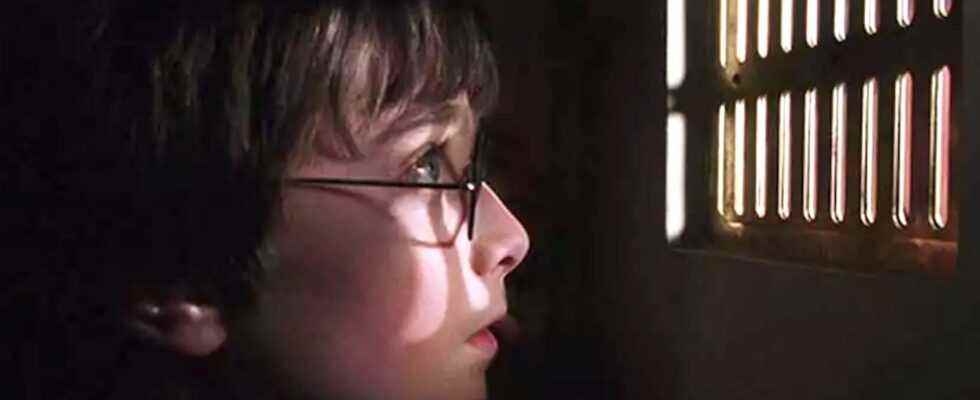If you have just tested positive for covid, you need to stay home to protect others. What are the rules and timelines? Have they changed since the first waves of the disease? Here’s everything you need to know in mid-2022.
The waves pass and resemble each other. Since mid-June 2022, France has experienced a seventh upsurge in Covid-19 contamination; there were an average of 85,000 cases per day on July 4. A few days earlier, the Minister of Health asked (but did not oblige) the French to put the mask back on public transport.
As usual, barrier gestures are recommended, whether you are positive, contact case or not: it is always welcome, especially in summer, to constantly ventilate the rooms to prevent the virus from remaining in the air. However, if you have been tested or tested positive for coronavirus, there are additional isolation rules to follow.
As covid may seem distant – when it is not – given the lack of government action, it is possible to forget that recommendations are still in effect in the event of infection.
Here are the rules to follow.
I have covid: how many days of isolation?
For vaccinated people or children under 12
If you are up to date with your vaccine boosters, you must remain isolated or isolated during one weekeither seven days from the first symptoms, or the date of your positive test.
You must not come into contact with other people. There is only one exception: you can exit after 5 days if you have tested negative and you have not had symptoms for at least 48 hours.
For unvaccinated people
People who are not vaccinated or who do not have a complete vaccination schedule must remain isolated for 10 days.
The exception: they can still leave after 7 days if they have realizeda negative test and have not had symptoms for at least 48 hours.
I am in contact: should I isolate myself?
There is no longer an isolation rule in force for contact cases of a person who has tested positive for covid. It is up to you, all the same, to be careful and protect others: if you have the slightest doubt, it is better to cancel a few appointments rather than risk infecting other people, who could then infect more fragile people. Again.
If you are in contact, you must take a test to find out if you too are a carrier of the disease. Even if it is negative, continue to maintain barrier gestures, such as wearing a mask, particularly indoors, and especially when you frequent places that welcome the public.
There is little sense in carrying out a test immediately after a contact case; it is better to wait between two and three days, which takes into account the potential incubation period of the disease.
What is a contact case, by the way?
You are considered or considered as a contact case if you have ” shared an indoor space for at least 15 consecutive or cumulative minutes over 24 hours with the positive person, or having remained face-to-face with them during several episodes of coughing or sneezing “, or if you have been in direct contact with said person within two meters, regardless of the duration.
Health insurance considers you not to be a contact case if you, or the positive person, wore a surgical type or FFP2 mask during your interaction.
